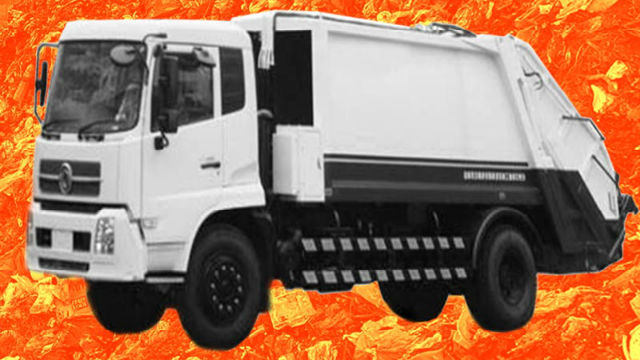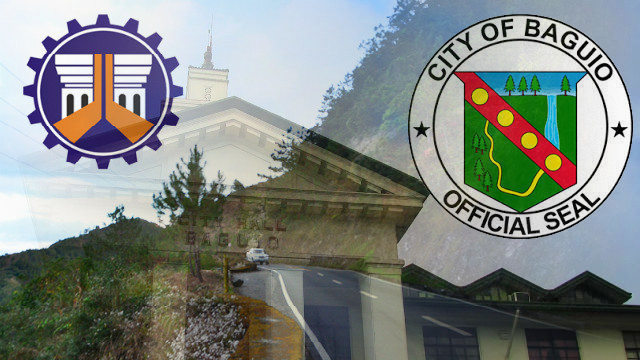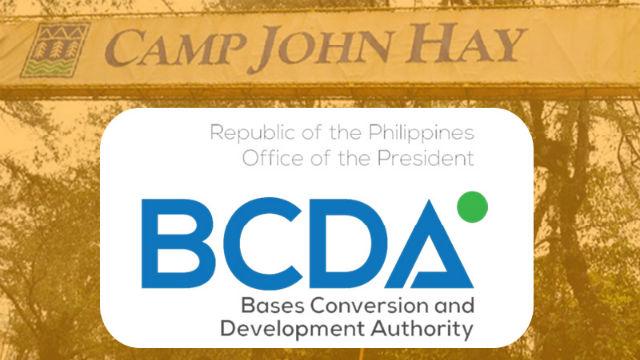BAGUIO CITY – Mayor Mauricio G. Domogan revealed the local government will lobbying the management of the Metro Clark Waste Management Corporation for the reduction of the proposed increase in tipping fees in its residual waste dump facility starting next year to reduce the projected increase in the city’s expenses on solid waste management.
The local chief executive said the local government will negotiate with Metro Clark to reduce their proposed P650 tipping fee per ton of garbage dumped in its Capas sanitary landfill to at least P600 to reducing the city’s expenses on the hauling of waste outside the city.
“We hope that the management of Metro Clark will heed our request to reduce their proposed increase in tipping fee because the local government has been their consistent customer for several years now,” Domogan stressed.
In 2008, the original tipping fee Metro Clark charged the local government in the same landfill was P800 per ton but in 2010, the city worked out the transfer of the dump facility from the Capas sanitary landfill to the Urdaneta City, Pangasinan landfill where the tipping fee was much lower.
Domogan disclosed that several years later, Metro Clark made an offer to the local government to reduce its P800 tipping fee to only P550 per ton that resulted to the return of the city’s disposal site to Capas up to date.
According to him, the reasons for the increase in tipping by the Metro Clark, particularly the increase in diesel fuel and equipment parts, is understandable but the management should also understand the situation of the local government which has to provide sufficient funding for the payment of the tipping fee and the hauling cost in its annual budget.
Domogan underscored the hauling of the city’s waste outside the city is still the most doable option at the moment to avoid a possible garbage crisis that will surely affect the health of the residents and visitors alike, while the necessary works are being done for the identification of a permanent solution to the garbage problem.
The local government is hauling some 160 tons of residual waste to the Capas sanitary landfill daily.
The city generates some 402 tons of assorted waste daily where more than 46 percent is classified as residual waste and more than 43 percent is recyclable waste.
The generated biodegradable waste is being converted into compost fertilizer by the city’s garbage trucks to the two Environmental Recycling System (ERS) machines.
Domogan added the local government is doing its best to maintain the least possible cost in the disposal of the city’s generated waste so as to keep the expenses at the minimum.
By Dexter A. See














